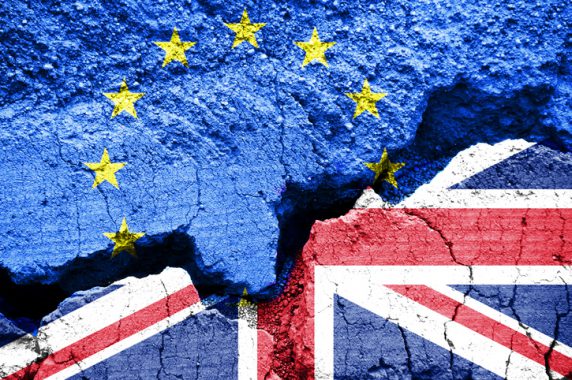
As both a GP and a politician, I have been privy to the conversations around the UK’s withdrawal from the European Union in both sectors. What is surprising is the extent to which the conversations are so radically different in tone and understanding of what is at stake.
The prospects of a ‘no deal’ exit from the European Union have become ever greater as delusional Etonianism strengthens its grip on the levers of government. This means that general practice and the NHS is likely to become even more affected by the loss of the benefits that EU membership has given us, the networks it enabled us to access, and the health organisations that worked tirelessly behind the scenes to smooth the journey of medicines from laboratory to patient, and medical professionals from classroom to practice.
Such is the extent to which EU frameworks have governed our modern day healthcare system that they touch upon all aspects of general practice. A ‘no deal’ Brexit will bring significant changes for us.
There are numerous European frameworks governing the licensing of medicines, the extensive funding of cross European health research and collaboration, and the shipment of medical isotopes used in scans and cancer treatment. Over 40 years, relationships and agreements have helped advance the treatment of patients. From the EURATOM agreements that helped govern the transport of radioactive materials crucial in cancer treatment, to the European Centre for Disease Prevention and Control – the list of organisations and agreements formed by the EU that we will no longer have helping our profession is long.
The European Centre for Disease Prevention and Control’s main purpose is to help prevent the spread of infectious diseases. It does this largely through data collection and analysis, hoping to predict and then prevent pandemics, and supporting member states strengthen their own health systems to do this. Now it’s fair to say that I can’t envisage a situation where in the event of a pandemic, it wouldn’t remain helpful to the UK in preventing the spread of disease – not least because it is in the interests of neighbouring countries to prevent such a spread. But not sitting at the table and being full participants will I believe carry a long term cost.
It isn’t just the membership of such organisations that we will lose. The collaborations, networks and cultural exchanges have proven vital in advancing scientific understanding of many diseases. Such networks will probably continue to exist following the UK’s withdrawal from the EU, but in the long run it will mean less funding for UK-based research, it will mean fewer young scientists wanting to stay in the UK, and it will mean the most interesting projects and their commercial spin offs happen elsewhere. It’s the cumulative effects over several years and decades that is the real worry.
I know of several pharmaceutical companies who have already chosen not to invest in developing medicines here, but in different EU countries. These decisions collectively will do more to reduce patient access to the latest treatments than any ministerial directive to NICE on increasing value for money thresholds.
Of course, we cannot fail to mention that the UK has over 2,000 EU-born family doctors working in general practice, which is 2,000 doctors the UK can ill afford to lose. We’re already seeing that they’re feeling unvalued in the post referendum climate, and of course we can’t measure the numbers who would have considered coming to work here, but who may now think better.
As well as being a GP, I am of course a politician and chair of the National Assembly’s Health Committee. I have been endeavouring to enlighten my political colleagues of these dangers, but I am not seeing any recognition of the dangers of a hard Brexit to the health service within Westminster.
That’s why Plaid Cymru has been working at Westminster with all parties to raise these concerns and push for a substantially better Brexit that aims to preserve as many of our relationships with the European Health frameworks as possible, maintain the professional standards and quality of our work, and make sure we can still treat our patients with the best available treatments. Our patients deserve it.
Dr Dai Lloyd is a National Assembly for Wales member and Plaid Cymru shadow cabinet secretary for social services and public health

















